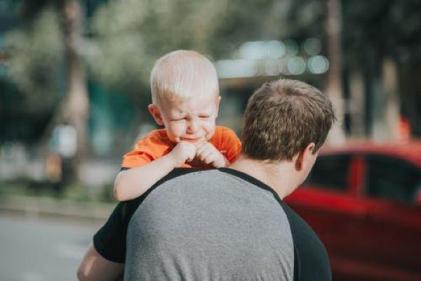There’s no hard and fast rule as to when a toddler starts talking, and if he is being raised in a bilingual home, then obviously his vocabulary will contain words from both languages. From about 12 to 18 months, your toddler should be able to use about five words that will slowly progress to about 20, some of which will be sounds that those closest to him will understand.
From 19 to 24 months, your toddler realises that words are a means of communicating with you, and will understand as many as 200 words, although he is more than likely to use only about 50 to 75 of them himself. He’ll start picking up words very quickly from now on, and will begin to use two words together. By the time he reaches two, he should be able to string three words together.
From 25 to 30 months, his vocabulary will begin to grow – he’ll use about 300 words, and understand about 900. He will also start answering simple questions, like “where are your shoes?” and “do you want a sandwich?” If he keeps echoing your questions rather than making an attempt to answer them, then speak to your doctor about it. It could be a sign of a developmental problem like autism.
By the time your toddler turns three, he will be able to hold a conversation, as well as change his tone and speech patterns.
From 19 to 24 months, your toddler realises that words are a means of communicating with you, and will understand as many as 200 words, although he is more than likely to use only about 50 to 75 of them himself. He’ll start picking up words very quickly from now on, and will begin to use two words together. By the time he reaches two, he should be able to string three words together.
From 25 to 30 months, his vocabulary will begin to grow – he’ll use about 300 words, and understand about 900. He will also start answering simple questions, like “where are your shoes?” and “do you want a sandwich?” If he keeps echoing your questions rather than making an attempt to answer them, then speak to your doctor about it. It could be a sign of a developmental problem like autism.
By the time your toddler turns three, he will be able to hold a conversation, as well as change his tone and speech patterns.






